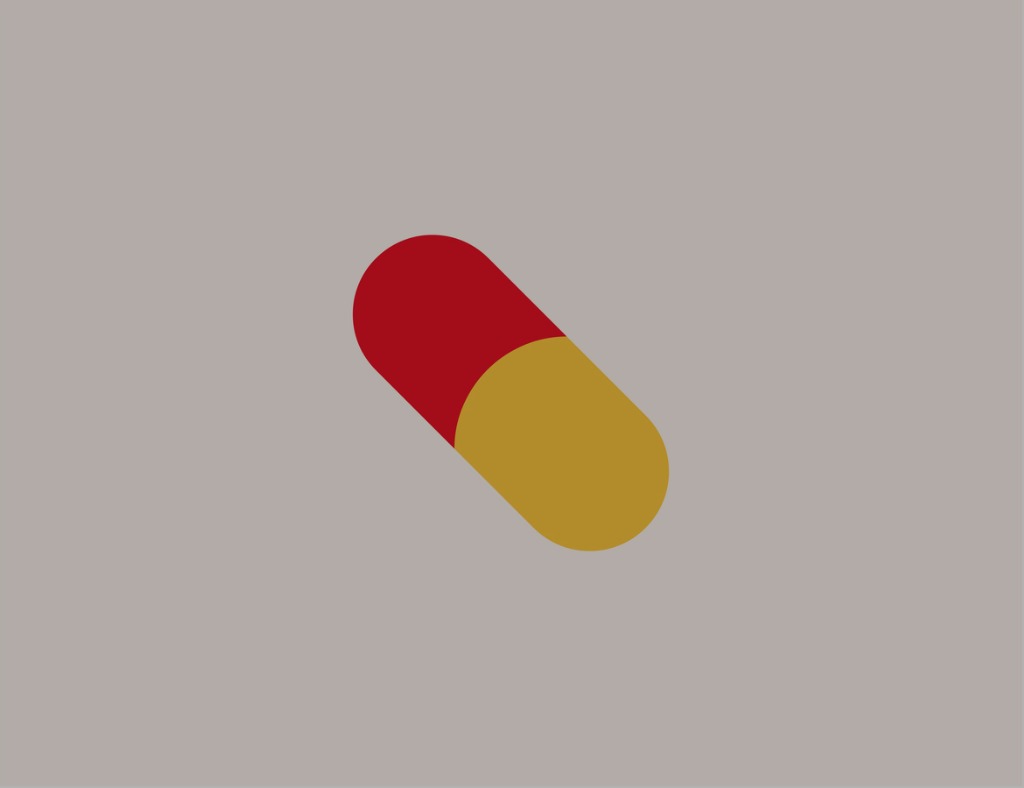Drug Diversion in Health Care: UPDATE
This fact sheet provides updated information (as of April 2025) on the issue of drug diversion in health care settings. Drug diversion is defined as any criminal act or deviation that removes a prescription drug from its intended path from the manufacturer to the patient, and while the act of diversion can occur in a variety of settings and be committed by anyone, it is particularly likely to occur in healthcare settings by healthcare workers due to the ease in which they can access prescription drugs. Drug diversion in health care is a serious issue that can result in patient harm, financial loss to the healthcare entity, and civil and criminal litigation based on the perpetrator’s actions....












